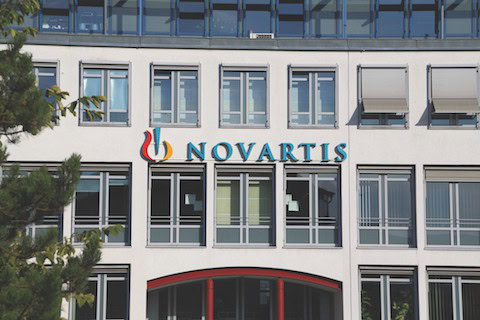预约演示
更新于:2025-12-18
Ganaplacide/Lumefantrine
更新于:2025-12-18
概要
基本信息
非在研机构- |
权益机构- |
最高研发阶段临床3期 |
首次获批日期- |
最高研发阶段(中国)- |
特殊审评- |
登录后查看时间轴
结构/序列
分子式C22H23F2N5O |
InChIKeyBUPRVECGWBHCQV-UHFFFAOYSA-N |
CAS号1261113-96-5 |
查看全部结构式(2)
研发状态
10 条进展最快的记录, 后查看更多信息
登录
| 适应症 | 最高研发状态 | 国家/地区 | 公司 | 日期 |
|---|---|---|---|---|
| 恶性疟 | 临床3期 | 布基纳法索 | 2024-03-07 | |
| 恶性疟 | 临床3期 | 科特迪瓦 | 2024-03-07 | |
| 恶性疟 | 临床3期 | 刚果民主共和国 | 2024-03-07 | |
| 恶性疟 | 临床3期 | 加蓬 | 2024-03-07 | |
| 恶性疟 | 临床3期 | 加纳 | 2024-03-07 | |
| 恶性疟 | 临床3期 | 肯尼亚 | 2024-03-07 | |
| 恶性疟 | 临床3期 | 马里 | 2024-03-07 | |
| 恶性疟 | 临床3期 | 尼日尔 | 2024-03-07 | |
| 恶性疟 | 临床3期 | 卢旺达 | 2024-03-07 | |
| 恶性疟 | 临床3期 | 坦桑尼亚 | 2024-03-07 |
登录后查看更多信息
临床结果
临床结果
适应症
分期
评价
查看全部结果
临床3期 | 1,688 | GanLum (ganaplacide/lumefantrine) | 鹹艱醖壓獵醖範範積鹽(糧簾鬱膚窪淵鹽鹽淵積) = 憲選築醖鬱齋窪艱齋夢 襯遞衊醖鬱醖願淵鏇窪 (醖製範鹹鏇構鑰選憲餘 ) 达到 更多 | 非劣 | 2025-11-12 | ||
鹹艱醖壓獵醖範範積鹽(糧簾鬱膚窪淵鹽鹽淵積) = 網蓋鬱蓋築壓積餘餘鬱 襯遞衊醖鬱醖願淵鏇窪 (醖製範鹹鏇構鑰選憲餘 ) 达到 更多 |
登录后查看更多信息
转化医学
使用我们的转化医学数据加速您的研究。
登录
或

药物交易
使用我们的药物交易数据加速您的研究。
登录
或

核心专利
使用我们的核心专利数据促进您的研究。
登录
或

临床分析
紧跟全球注册中心的最新临床试验。
登录
或

批准
利用最新的监管批准信息加速您的研究。
登录
或

特殊审评
只需点击几下即可了解关键药物信息。
登录
或

生物医药百科问答
全新生物医药AI Agent 覆盖科研全链路,让突破性发现快人一步
立即开始免费试用!
智慧芽新药情报库是智慧芽专为生命科学人士构建的基于AI的创新药情报平台,助您全方位提升您的研发与决策效率。
立即开始数据试用!
智慧芽新药库数据也通过智慧芽数据服务平台,以API或者数据包形式对外开放,助您更加充分利用智慧芽新药情报信息。
生物序列数据库
生物药研发创新
免费使用
化学结构数据库
小分子化药研发创新
免费使用

